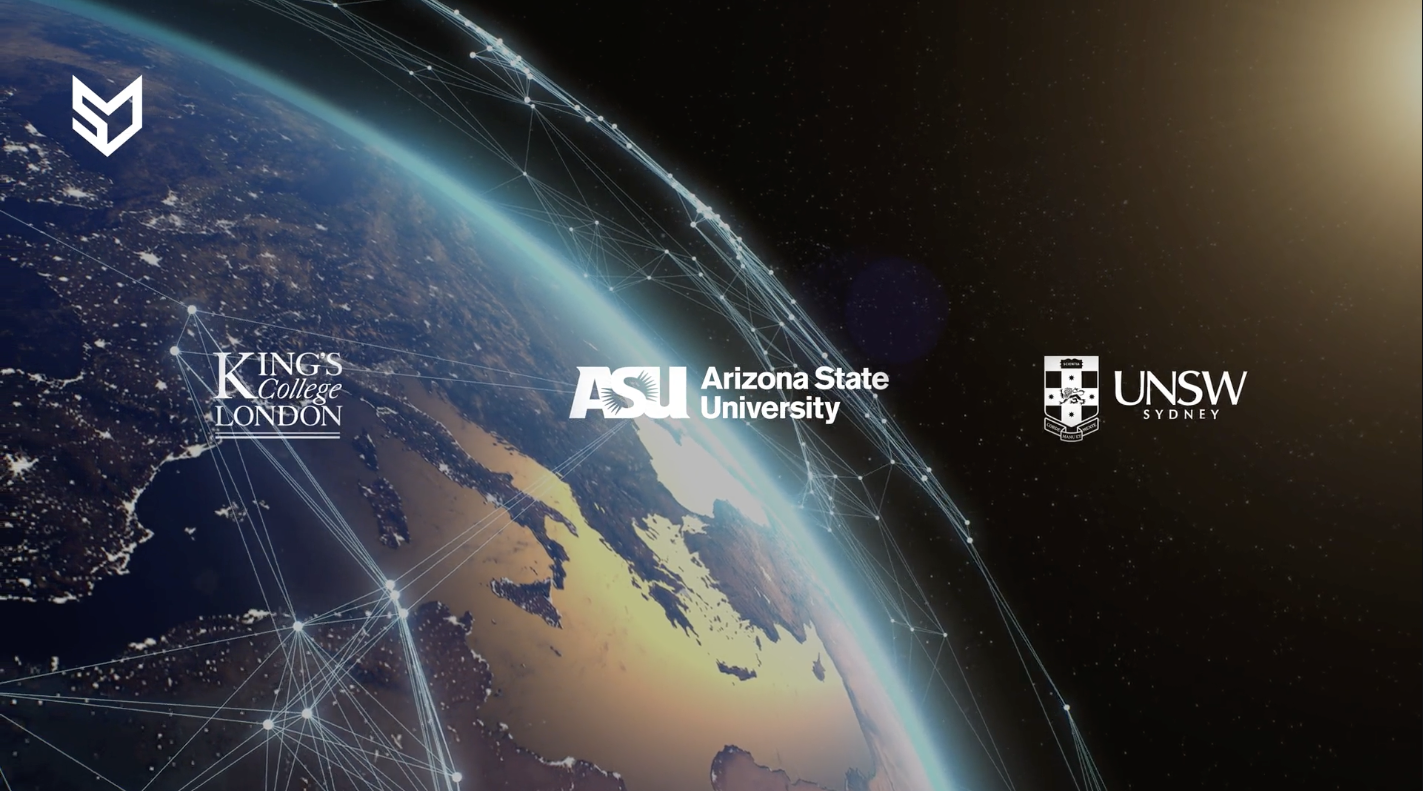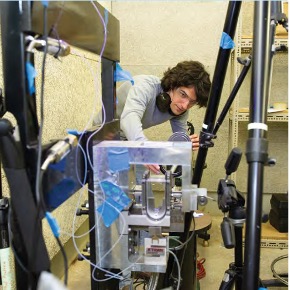Professor Judy Raper, Dean and CEO at TEDI-London, the flagship initiative founded by the PLuS Alliance, highlights the role of universities in enriching local communities and disseminating knowledge via TEDI-London’s active involvement in Canada Water’s redevelopment with British Land.
Universities have had a hard time of things recently. Notwithstanding COVID-19 and the effect on student experience, they are often accused of being out of touch with their local communities and of turning vast swathes of cities into student meccas.
I think this is an unfair accusation; universities and places of higher education are proven to drive local economic growth and add value to communities.
Universities UK claim that for every 100 jobs at a university, 117 are created in the local area, 30% of students undertake volunteering to support their local community and an estimated 6 million people access free museums, galleries and lectures provided by universities.
At TEDI-London, we are taking things further. As a new provider, we have been able to make careful choices on where we want to start-up and the impact we can have on our chosen area. That is why we are delighted to be partnering with UK property company British Land to make their latest development venture – Canada Water – our home.
At Canada Water we have a unique opportunity. We are a provider wholly focused on one subject, global design engineering: an area that will drive creative solutions that impact how we live, travel and work. British Land, through the Canada Water Masterplan, have a vision for a new town centre for London, the first in a generation. TEDI-London will be part of this development, not just through a physical space, but through active involvement in developing knowledge to inform and shape the ideas that will bring this new town centre to life.
A key to making a much bigger than usual impact on the local community is our unique way of teaching global design engineering. Our students will learn through doing, project-based learning where students will work on real-life challenges faced by the industry from day one.
Industries such as British Land and the network of top-quality organisations that they bring to the table such as Hawkins\Brown, Waterman Group and TFL.
This means our students will be actively involved in projects that directly affect the local community and will, from day one, be interested and invested in the area around their campus. Our project- based approach will teach them not only to be engineers, but also communicators, collaborators and creative thinkers as they will need to engage with a broad range of community stakeholders to successfully undertake their projects.
We know there is appetite amongst communities to engage with students in this way, evidenced by the incredible success of our latest summer school, which attracted 147 students from 21 countries to develop dementia-friendly indoor and outdoor spaces for Canada Water. Many local dementia and community groups were engaged in the project, helping shape the project brief, support student projects through masterclasses and mentoring, and evaluating the outcomes by taking part in the final pitch panels.
TEDI-London is in an exciting place, both physically and metaphorically, as we look forward to our first cohort of students in 2021. Our vision is to transform engineering education so we can transform lives, both for our students, and for those who benefit from the solutions they will design and make – solutions that could have a positive impact on the local community for years to come.


